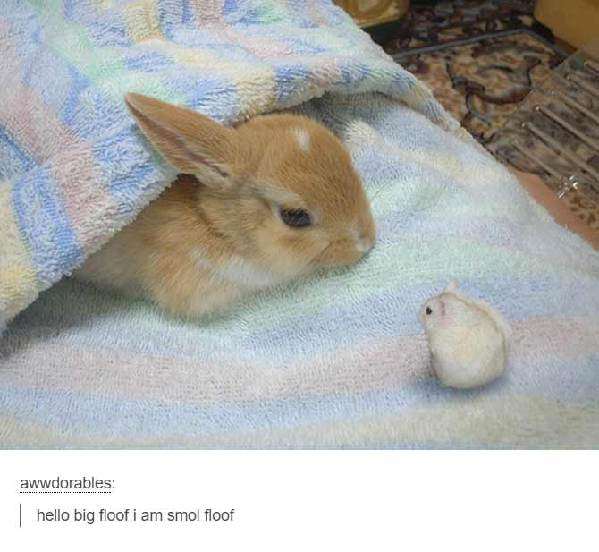当前位置: Language Tips> 流行新词
看到可爱的熊猫宝宝,或者小猫、小狗的图片,大家都会忍不住感叹“好萌,好可爱”,而且可能还会加一些声调和语气来强调对这些小动物萌态的喜爱。嗯,太萌了,有时候都觉得词汇量不够用了。原来,老外也有这样的困惑,于是,他们就生生造出了一个词来形容那些萌得不要不要的小动物。
If the adoration of cute baby animals could be converted into electricity, the world would finally have a clean source of renewable energy, and all war would end. Unfortunately, that’s not possible, and instead we just have to come up with new words to describe these tiny, precious things. Enter “smol,” a mutated spelling of “small” that provides inflection and tone.
如果对蠢萌小动物的喜爱能转化成电力,那么全世界就能拥有一种可再生的清洁能源,所有的战争也将结束。可惜,这是不可能的。我们能做的只是想出一些新的词语来描述这些小小的,惹人怜爱的小家伙。于是,由英文单词small衍生出的smol就出现了,这个词能表达出对小动物的所有喜爱情绪。
First used to describe a childish member of a boy band, smol came into vogue as a creature descriptor on Twitter and Tumblr in 2015 and brought with it an entirely bizarre new way to baby-talk about the animal kingdom. Those outside of the trend were either incredibly confused or brutally annoyed, but smol continues to be used widely as a way to make sure everyone knows that the animal you are describing is not just cute, but awwdowable.
Smol这个词最初被用来形容某男孩团体中的一个小鲜肉,后来在推特和轻博客Tumblr上被广泛用来形容小动物,并且因此形成潮流,成为大人们卖萌描述小动物时常用的一个新奇手法。不了解这个潮流的人可能会对这个词的走红感到困惑甚至厌烦,可是,smol这个词依然被广泛使用,好像就是要让每个人都知道他们用smol形容的这个小动物有多么的萌萌萌......
比如,下面这张图

一个smol就涵盖了cute,adorable等等词汇的含义,而且还是用极其宠溺的声调说出来的。
(中国日报网英语点津 Helen)
上一篇 : 充斥垃圾食品的“食物沼泽”
下一篇 :
关注和订阅


电话:8610-84883645
传真:8610-84883500
Email: languagetips@chinadaily.com.cn